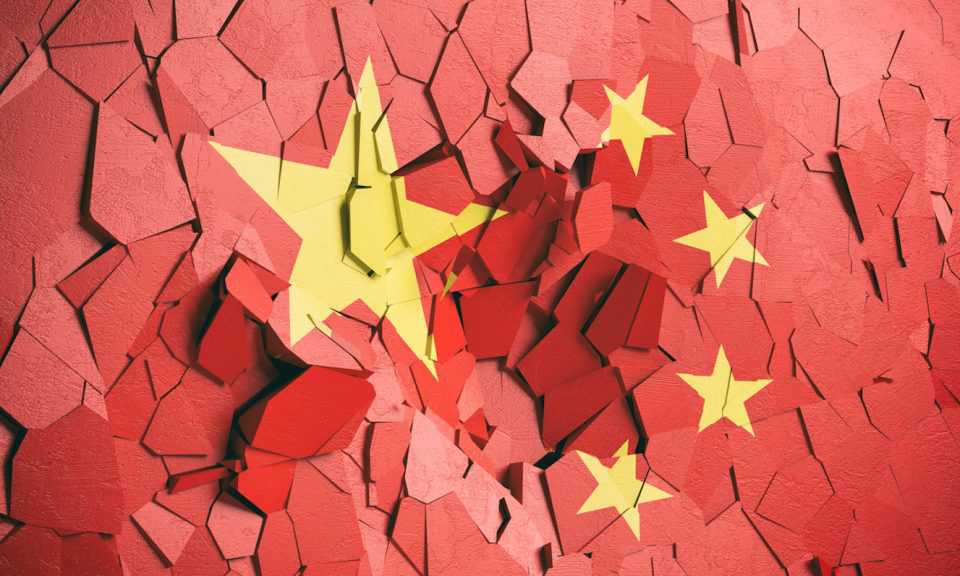China’s policymakers must beware of the economic potholes
15 December, 2018

Policy, policy and more policy. Buried beneath the trade war truce and the media merry-go-round surrounding Meng Wanzhou’s court drama is a crucial meeting which will shape China’s economic strategy for the next 12 months.
Smoothing out the road bumps, which have slowed growth, will be top of the agenda when Beijing’s ‘wise men’ roll out their 12-month plan at the influential Central Economic Work Conference in the Great Hall of the People next week.
President Xi Jinping’s team face a tricky balancing act.
“The worst is yet to come,” Sue Trinh, the head of Asia FX Strategy at RBC Capital Markets in Hong Kong, told Bloomberg. “Policymakers will be very worried, particularly with consumption growth falling off a cliff.”
Confronted with a myriad of data pointing to a slowdown in manufacturing activity and consumer spending, the Communist Party government is expected to shore up the struggling private sector.
Tax cuts have also been penciled in for middle-class shoppers buffeted by stagnating wages and rising prices.
Coupled with sputtering car sales, a cooling property market and lower credit growth, the problems are mounting for Xi’s administration.
These are, in part, byproducts of the trade conflict between the United States and the world’s second-largest economy, which has since spilled over to involve telecom giant Huawei and chief financial officer Meng.
But perhaps the biggest concern for Beijing is “titanic” local government debt.
Creative solutions
“The extent of off-balance-sheet borrowing among local governments isn’t known, but could be as high as 40 trillion renminbi (US$5.78 trillion),” S&P Global Ratings stated in a report released in October. “That’s a debt iceberg with titanic credit risks.”
Tackling these issues will require bold and creative solutions, according to Wei Jianing, a research fellow at the Development Research Center of the powerful State Council.
Speaking at an academic conference on international trade and global governance at Tsinghua University at the weekend, he called for “accelerated reforms” to boost the private sector and a new round of “ideological emancipation.”
“Without reform, the space for macroeconomic control to work will be smaller. The relationship between institutional reform and opening-up should also be borne in mind. The condition that opening-up forces reform has changed. Reform has to be accelerated,” Wei said.
“Every time there is an economic difficulty, new ideas arise to drive reform. If China can take the 40th anniversary of opening-up as an opportunity to launch a new round of ideological emancipation, another round of reform and opening-up will occur, spurring new economic growth,” he added.
Policies which favor state-owned enterprises should be revised to level the playing field as the alternatives are stark. Failure to press ahead with a new, refined blueprint might even threaten “social stability.”
In a blunt warning that the country’s economic approach needs to change, Wei talked in depth about sluggish consumer spending which has become a major driver of growth.
“Consumption has been slowing down,” he said. “Public expenditures have decreased, while household spending has not seen an increase. Household consumption in China is mainly driven by young people’s excessive, debt-driven spending.
Broader economy
“To make it worse, the growth rate of tax income has surpassed the growth of household income. Total disposable income is [flatlining] in Chinese households,” Wei added.
The knock-on effect has already had an impact on the broader economy, fuelling fears of rising unemployment among young job seekers.
Getting to grips with this dilemma must be a priority for policymakers with Wei pointing out:
“The potential growth rate is indeed dropping. It is highly possible that the real GDP [gross domestic product] growth rate in China is already below the potential rate. This means unemployment will soon become an issue impacting social stability.
“This kind of threat takes different forms in different countries. Jobless young people in many Western countries wander around. But in China, most unemployed youngsters stay home and browse the internet, so any online rumors can be perilous.
“If people are busy at work, it is hard for them to make a fuss about tiny things online, such as the principal of Peking University pronouncing a word wrong.”
Wei’s remarks illustrate the pitfalls ahead, as well as underlining the views of a cross-section of the State Council, the government’s de facto cabinet.
For the ‘wise men’ at the Central Economic Work Conference, plotting a way through the road bumps looks certain to involve changing gear if they are to avoid stalling the economy.
